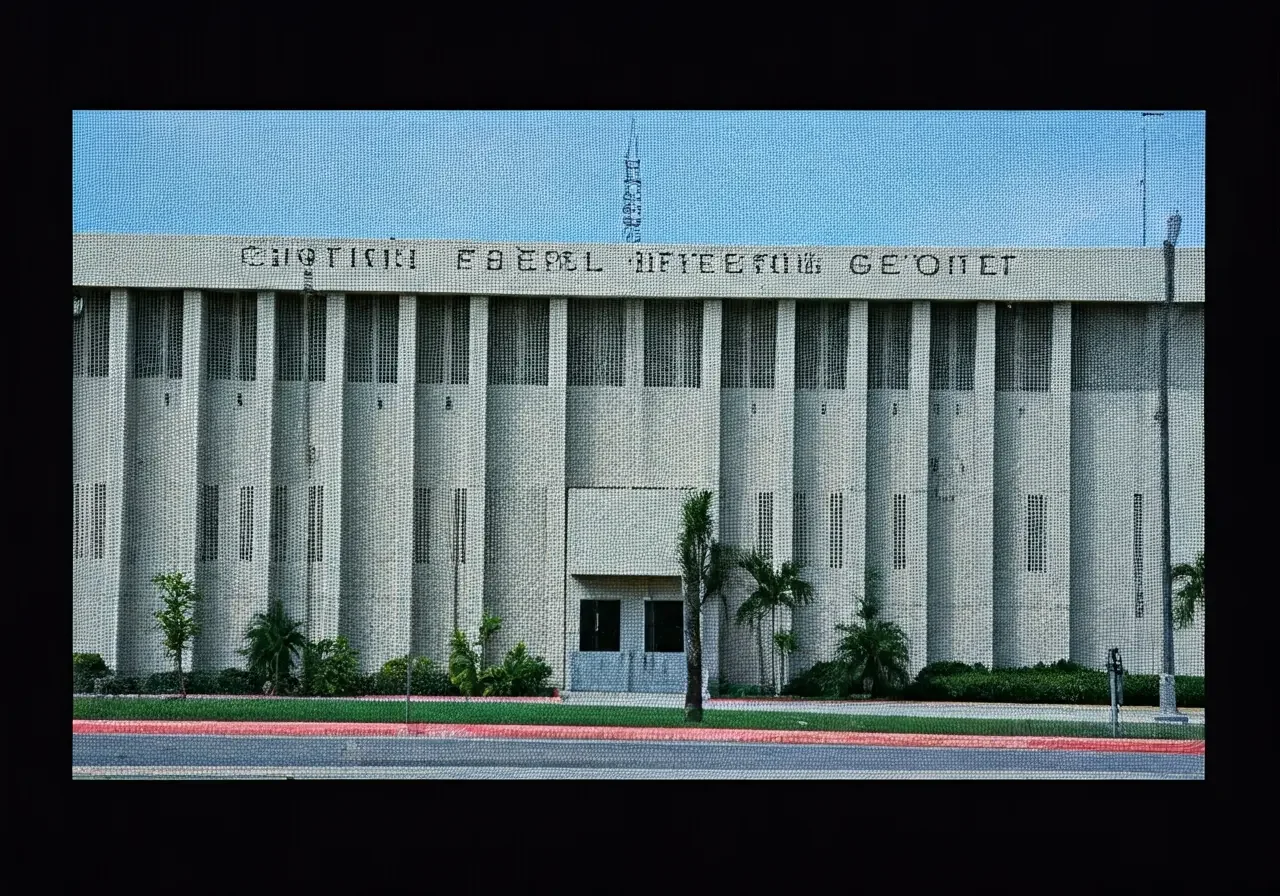Can You Bail Out a Loved One from the Federal Detention Center Miami?
Navigating the complexities of the federal detention system can be challenging, especially when trying to bail out a loved one. In this blog, we'll explore the process of securing a loved one's release from the Federal Detention Center in Miami, answering common questions and providing guidance.
Understanding Federal Bail Basics
Before initiating the bail process, it's crucial to understand the federal bail system, which differs from state procedures. This system is governed by federal law, making it important to familiarize yourself with the unique processes involved. The bail criteria and the procedures for federal offenses can be stricter than those at the state level.
In federal cases, bail decisions are largely based on the nature of the crime, criminal history, and the defendant's individual circumstances. This is to ensure the defendant will return for their court dates and does not pose a threat to the community if released.
To understand the intricacies of federal bail, it helps to also understand the role of a bail hearing where these considerations are discussed. During this, the judge evaluates the situation comprehensively to determine the eligibility and conditions for bail.
Assessing Bail Eligibility
Not every detainee is eligible for bail. Learn about the factors that affect eligibility and how they apply to your loved one's situation. Federal judges use tools like the Pretrial Services Report to assess these elements, which include flight risk and community safety considerations.
Eligibility for bail often revolves around several key factors such as the seriousness of the offense, potential flight risk of the detainee, and potential danger to the community. In some cases, if these factors weigh heavily against the detainee, the court may decide against granting bail.
It's worth noting that sometimes bail can be denied altogether, particularly in cases involving serious crimes or when the defendant poses a high risk. Consulting with a legal professional can provide clarity on what applies to your specific case.
Contacting Legal Assistance
Consider contacting a legal professional experienced in federal cases to navigate the complex legal landscape effectively. Attorneys familiar with the federal bail process can offer invaluable guidance and help in presenting your case during bail hearings.
Having an attorney can be crucial as they guide you through preparing the necessary documentation for the bail process and ensure all legal protocols are adhered to. Their expertise can make a significant difference in how smoothly the process runs.
Legal assistance is not just about representation. It provides peace of mind knowing you have someone who understands the law and can help you make informed decisions.
Initiating the Bail Process
If eligible, the next step is to initiate the bail process, which involves paperwork, court hearings, and possibly securing a bail bond. A bail bond is often necessary to ensure compliance with the conditions set by the court.
After determining eligibility, it's imperative to act quickly. The bail process can be lengthy and requires coordination between the courts and the detention center. Timely initiation can expedite your loved one's release.
The paperwork typically involves submitting a bail application and attending a bail hearing. During this process, it's crucial to have all necessary documents ready and to follow legal protocols meticulously.
In some instances, a bail bond company can assist in securing the financial aspects of bail, relieving the financial burden that can sometimes accompany these proceedings.
What to Expect After Bail
Once bail is granted, understand what happens next and what conditions may be imposed on your loved one. Typically, conditions like regular check-ins with authorities or limited travel may be included to ensure compliance.
Post-release conditions are set to ensure that the defendant does not pose any risk and abides by the law while awaiting trial. Failing to comply with these might lead to rebail revocation.
It's important to maintain regular communication with your legal counsel even after bail is granted. They can help clarify conditions that must be adhered to and any new developments in the case.
Understanding the Bail Process at Federal Detention Center Miami
Bailing out a loved one from the Federal Detention Center Miami involves understanding specific legal procedures and regulations. It's important to have the right information and possibly seek legal advice to ensure a smooth process. If you need further assistance, consider contacting Blandon Bail Bonds for expert support.

